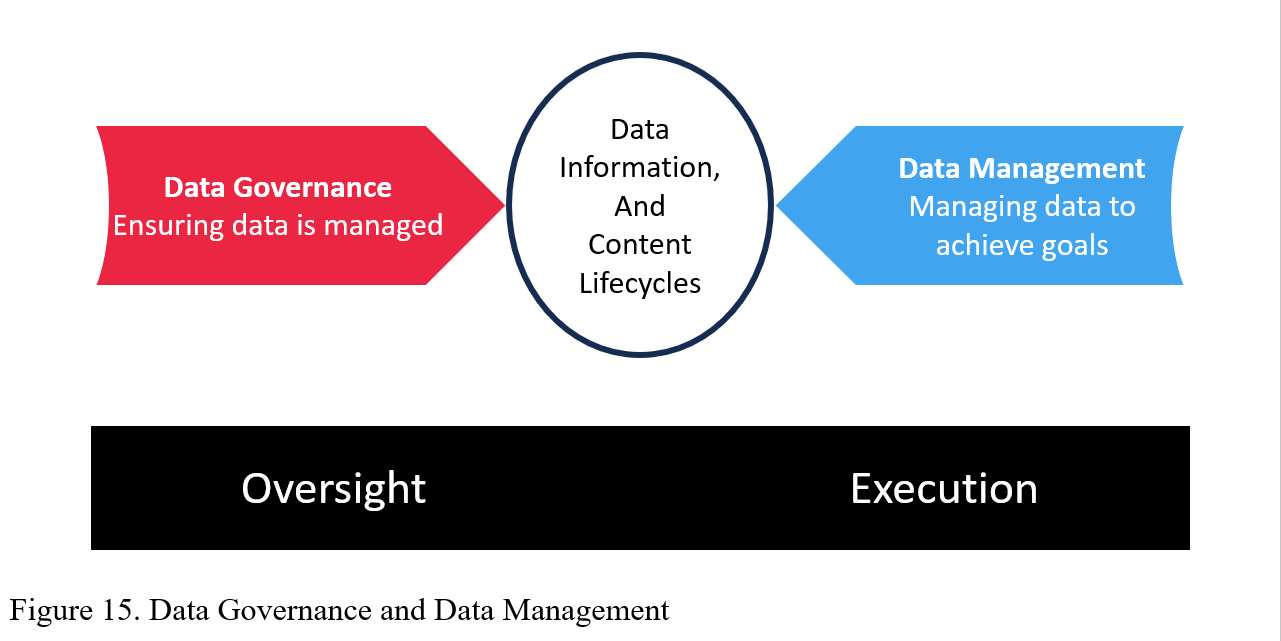Data Governance
Data governance adds value to the university by the establishment of policies and common business practices to ensure that institutional information is made reliable and accurate; interpreted consistently across the university; reported appropriately and reliably to external agencies and constituents; protected from unauthorized access or use; and optimized to enable the strategic use of data.
Data governance at UNF was formalized in 2018 through the development of a Data Governance Council with decision-making authority over institutional data governance practices and policies. The Data Governance Council is chaired by the Vice President for Information Technology Services and Chief Information Officer and the Vice President for Data Analytics. The Data Management Council regularly consults with data stewards from the five core data domains: Student, Financial Aid, Finance, Human Resources, and University Development and Alumni Engagement, as well as Information Technology Services and Institutional Research.
For additional information on the structure of data governance at UNF, please see the Data Governance Organization page.
Goals of Data Governance
Define
Define the data the university uses to conduct its business and achieve goals.
Inventory
Document and continuously maintain location of the university's data.
Monitor
Ensure the university's data are capable of being used for the data's intended purpose and properly protected from misuse.
Improve
Identify data not able to be used for the intended purpose and identify and collect additional data when necessary to fulfill an expected purpose.
Capitalize
Use the university's data to conduct the university's business, enable better decision making, and achieve the university's goals.
Current Data Governance Initiatives
Data Cookbook
A pivotal component of data governance is the development and maintenance of an official source of university data definitions and data deliverables. At UNF this university metadata is maintained within the Data Cookbook. Please refer to the Data Cookbook Initiative page for more detail. (Goals: Define and Inventory)
Documenting New and Existing Data Integrations
Effective Summer 2019, UNF will use the Data Cookbook Specifications feature to document all new and existing data integrations for products and services that require the sharing of university data. Using Data Cookbook Specifications to document integrations will provide a comprehensive picture of where data is being shared and allow for easy tracking of approvals as well as version history of the integrations when changes are made. Please refer to the page for Documenting New and Existing Data Integrations. (Goals: Inventory and Monitor)
Data Classification
The Data Management Working Group works with Data Stewards and functional subject area experts to classify all definitions documented in the Data Cookbook within the three data classification categories as outlined in UNF's Data Classification and Security Policy: Public, Internal Use, and Restricted. Please refer to the Data Classification Initiative page for more detail. (Goals: Define, Inventory, Monitor, and Improve)
Data Governance versus Data Management
Data Management is the process of controlling data. Data Governance conducts oversight and sets policies and standards which are in turn executed as part of Data Management.

*Oversight and Execution of Data Information and Content Lifecycles
Henderson, D., & Earley, S. (2017). DAMA-DMBOK: Data management body of knowledge (2nd ed.). Basking Ridge, NJ: Technics Publications.
